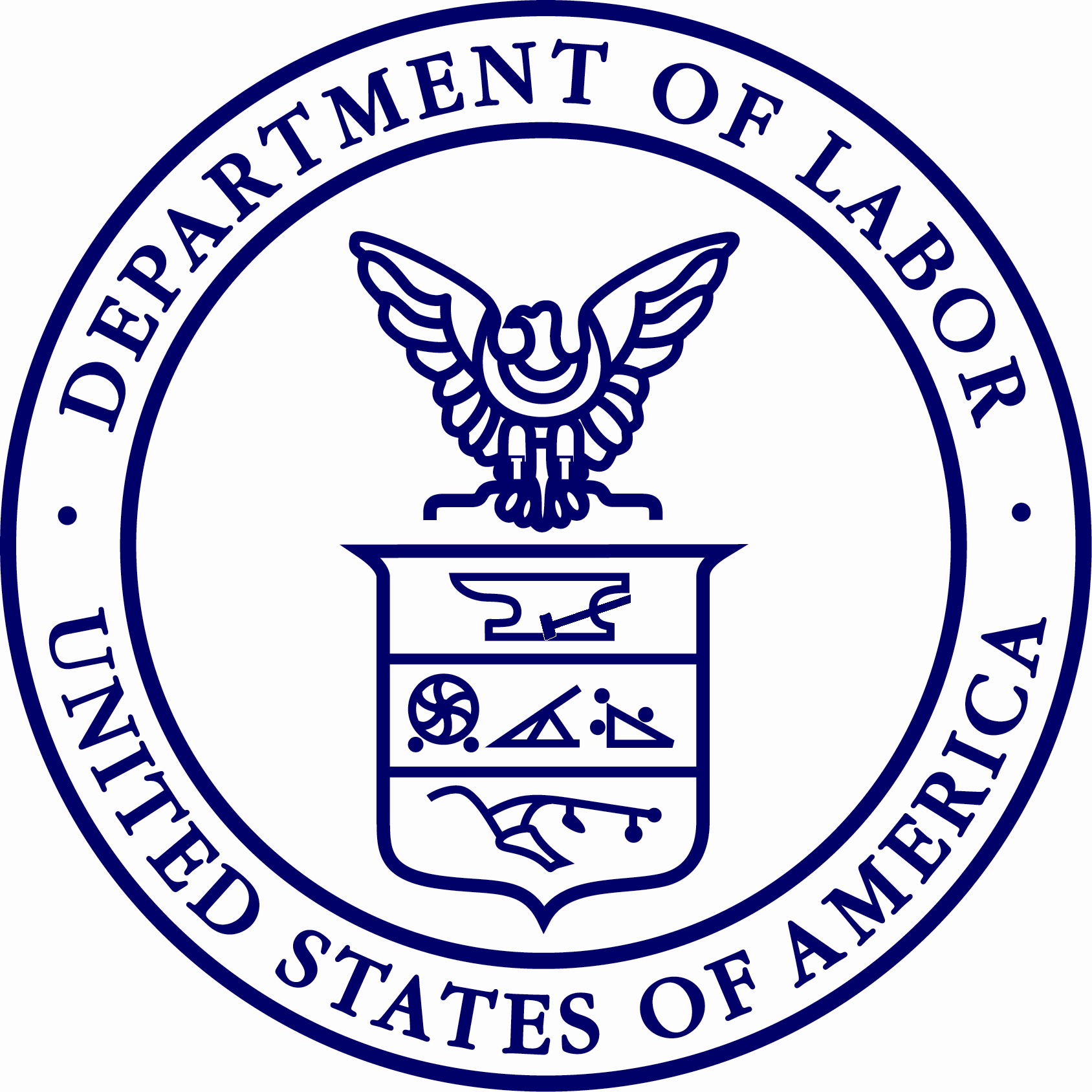
On June 27, 2017, the U.S. Department of Labor (DOL) announced that its Wage and Hour Division will reinstate the practice of issuing opinion letters. The DOL discontinued the practice of issuing opinion letters seven years ago in favor of publishing more general guidance.
Opinion letters provide guidance to employers on how to comply with the law in specific situations. For example, previous opinion letters have discussed whether time spent by employees taking web-based prerequisite classes at home in preparation for a voluntary job-related training class is compensable time under the Fair Labor Standards Act (FLSA).
In contrast, administrative interpretations provide a more general interpretation of the law, making them more readily applicable to a wide variety of situations.
ACTION STEPS
No action steps are required of employers at this time.Employers can look to opinion letters for guidance on how to comply with the law in specific situations or can request their own opinion letter from the DOL.
Opinion Letters
Opinion letters provide the DOL’s official opinion on how labor and employment laws apply in specific situations. The DOL issues opinion letters after receiving an employer’s request for an opinion. In these requests, employers usually describe a specific situation and pose questions on how to comply with their legal obligations for the particular facts described in the letter.
Publishing opinion letters is a labor-intensive process and employers may need to wait several months to receive a response from the DOL. In addition, while the DOL reviews all opinion letter requests, it has traditionally only answered a few, at its discretion. The DOL has published instructions on how to request opinion letters on its website.
Wage and Hour Division
The DOL’s Wage and Hour Division enforces labor standards under the following federal laws:
 The FLSA
The FLSA The Employee Polygraph Protection Act
The Employee Polygraph Protection Act The Family and Medical Leave Act (FMLA)
The Family and Medical Leave Act (FMLA) The Davis-Bacon and related acts
The Davis-Bacon and related acts The McNamara-O’Hara Service Contract Act
The McNamara-O’Hara Service Contract Act The Garnishment Provisions of the Consumer Credit Protection Act
The Garnishment Provisions of the Consumer Credit Protection Act The Migrant and Seasonal Agricultural Worker Protection Act
The Migrant and Seasonal Agricultural Worker Protection Act The Field Sanitation and Temporary Labor Camp Provisions of the Occupational Safety and Health Act
The Field Sanitation and Temporary Labor Camp Provisions of the Occupational Safety and Health Act The Temporary Worker Provisions of the Immigration and Nationality Act
The Temporary Worker Provisions of the Immigration and Nationality Act
Impact on Employers
Opinion letters can be extremely helpful for employers that are trying to understand their legal responsibilities, particularly in areas where the law seems to be outdated or where compliance with one legal obligation interferes with compliance with another. Indeed, employers that receive an answer to their request can rely on the answer they receive in their efforts to comply with their legal obligations. Employers are also encouraged to review past opinion letters and other DOL guidance to obtain a clearer understanding of their obligations.
However, an employer that seeks the DOL’s opinion regarding a specific situation should understand the risk that the DOL may not agree with its practices, so employers should consider this alternative carefully.
In addition, while employers can rely on an opinion letter, employers should also remember that opinion letters are just guidance—they are not the law, and they are not binding. This means that DOL inspectors, auditors and judges may disagree with opinion letters and find noncompliance even when the employer is following the advice given by an opinion letter.
Good Faith Defense
However, employers that rely on opinion letters may be able to establish a “good faith defense” under the law. The good faith defense principle allows noncompliant employers to minimize the risk of penalties if they can prove they were making an honest effort to comply with the law.
More information
Please contact Deeley Insurance Group for more information on how to comply with labor and employment laws enforced by the DOL, including the FLSA and the FMLA.







